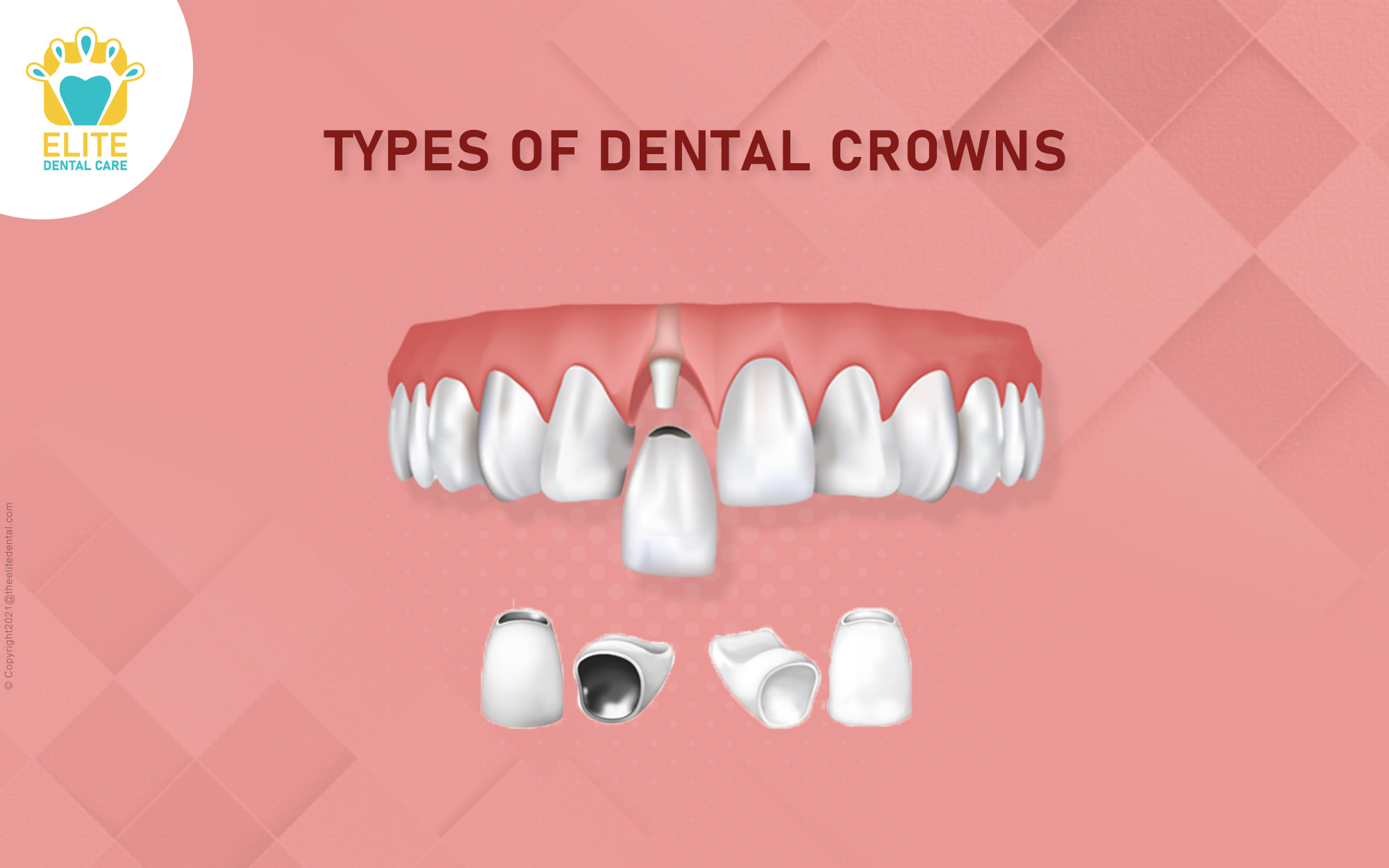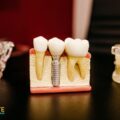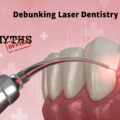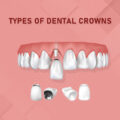
dentureshygiene tipsRoot Canal TreatmentUncategorized
edental
3 March 2022
Types Of Dental Crowns
Dental crowns offer the best solution in terms of the appearance and the overall functioning of a damaged tooth. These crowns aid to restore and enhance the overall look for the tooth to give a confident smile. Different types of crowns are available that can help restore your tooth, depending on your oral situation.
Your dentist will evaluate the case and advise you on possible treatments after conducting a thorough examination on your first visit. Below mentioned are some of the reasons to use dental crown-
- Weekend tooth due to severe decay or a cavity
- Hiding an implant
- Replacing a large filling
- A natural tooth that has been chipped or cracked
What are Dental Crowns?
Also called caps, these dental crowns carry tooth-colored prosthetic designed covering the damaged tooth into its fixed position. A crown, once inserted, can strengthen the tooth while also improving the appearance and alignment in the mouth.
Different types of dental crowns
When you are asked to undergo dental crown surgery, it is vital to know different dental crowns. The cost, procedure, and other aspects of the crown depend on the patient’s tooth condition. Some of the dental crown types are-
Gold Crowns
Gold crowns are made of copper and other metals like chromium and nickel. One of the major benefits of gold crowns is their strength. Dentists usually recommend this crown as an option for back restorations, completely on the basis of patient’s need. However, due to their color, gold crowns carry less popularity.
Advantages
- They are tough and resistant.
- They have a long lifespan if properly cared for.
Disadvantage
- A smaller proportion of your natural teeth must be extracted.
- Inadequate aesthetics: They do not resemble natural teeth.
- Some people may get negative results by gold alloy crowns and side effects such as allergic reactions.
Porcelain Crowns
These Porcelain crowns carry the design to restore your teeth into their original appearance. Unlike metal-based crowns, porcelain crowns are designed to look like your natural teeth, which is especially important if you need a crown on your front teeth.
You can go for these porcelain crowns when you want to replace the large filling or protect the tooth after the root canal procedure.
Advantages
- Porcelain Crowns have the best and most natural appearance. They come in similar sizes, and shape as surrounding teeth.
- It is the most suitable option to restore the front tooth
- They are biocompatible; having no metals and are free of toxins.
Disadvantages
They aren’t as durable as metal crowns, and porcelain crowns can last long if properly cared for.
Porcelain Fused-to-Metal Crowns
It yet another popular type of dental crown is porcelain-fused-to-metal (PFM) crowns. They offer both strength (due to their metal construction) and beauty.
Advantages
- Dentists have been using it for the past 50yrs. We’ve seen how well they work.
- They are less expensive than all-porcelain crowns combined.
Disadvantages
Due to the metal in these crowns, a grey line at the gum line may appear. This may not provide the completely aesthetically pleasing appearance that all-porcelain crowns provide.
Zirconia Crowns
Zirconium is the latest in the dental crown market comes with the integration of strength of metal along with porcelain crowns. High translucent zirconia and layered zirconia crowns are currently the popular ones.
Advantages
- The zirconia can be cut and shaped in the same dental office to complete the procedure in less time.
- Thanks to their strength, zirconia crowns are less likely to wear down.
- They are biocompatible: they are unlikely to cause allergic reactions because they are metal-free.
Disadvantages
- Their strength can cause the teeth against which they bite to wear down quickly.
- Adjusting solid zirconia can be difficult.
Cost of Dental Crowns
This will depend on the material used and the amount of preparation required. For example, porcelain crowns are quite expensive compared to metal crowns. Furthermore, there is a requirement of a core build-up before the placing of the crown protecting tooth’s integrity.
Other times, dentists usually prefer minor gum surgery, a procedure where portion of the gums are eradicated from the mouth that improves the prognosis of the tooth.
The cost depends on the insurance policy covered, the dental fees charged by your dentist, along with the additional procedures for completing the treatment. The benefits of this procedure include lower costs and less time spent in the chair, and durability is one of the disadvantages. Among all types of crowns, indirect resin crowns are low-cost, and offer long-term solutions. However, unlike crowns, it is not intended to last for many years.
Conclusion
A dental crown is a long-term restorative procedure, which means you’ll have a crown in your mouth for a long time. You want it done most professionally and skillfully possible.




